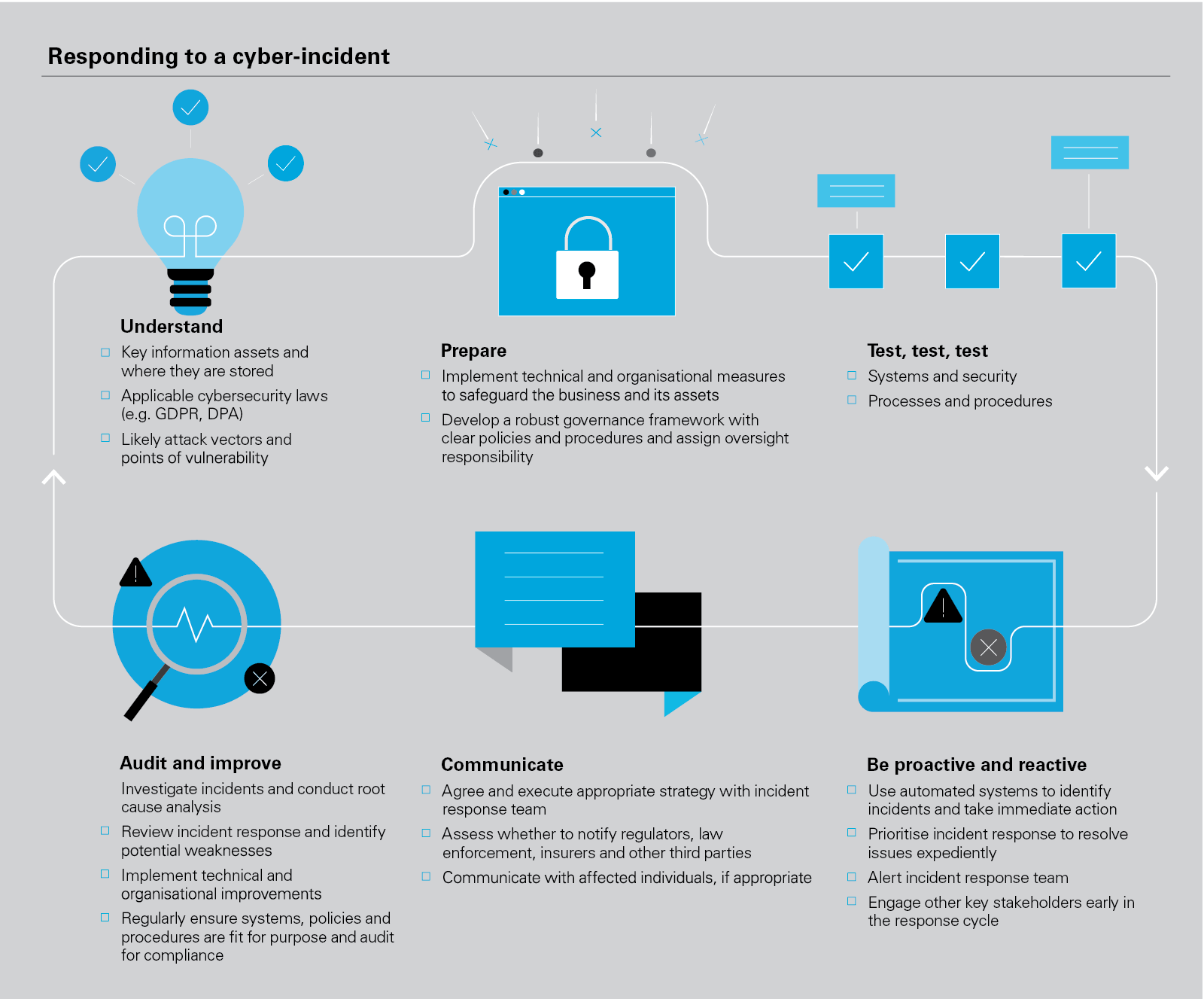In recent years, demands for payments in cryptocurrencies have become the ransom of choice for cyber extortionists and other online frauds. The COVID-19 pandemic and resulting public health lockdowns precipitated an explosion in such activity with record cases of cyber fraud being recorded.1 This is notwithstanding that Bitcoin and most other mainstream cryptocurrencies use a distributed ledger to record transactions which should, in principle, make it easy to "follow the money" once a payment has been made. In practice, the absence of KYC checks and the lack of regulatory oversight means that the identity of cryptocurrency wallet owners, and therefore the holders of the funds can often be difficult to determine. Cybercriminals also deploy sophisticated techniques, such as placing Bitcoins in a "tumbler",2 which makes it difficult to trace tainted funds back to their original source. As a result, the English Court's powers are increasingly being called upon in actions against unknown parties demanding payment in cryptocurrencies.
Following AA v Persons Unknown3 – in which the High Court determined that Bitcoin and other cryptocurrencies can be considered property under English law, and could therefore be the subject of a proprietary injunction – there has been a number of cases in which the Court has deployed its existing powers to tackle novel issues.4
AAA plc & ors v Persons Unknown [2021] EWHC 2529 (QB) represents the latest of these types of cases, although in this instance, the Court's powers were used pre-emptively, that is, to avoid a ransom having to be paid in the first instance.
Notably, the judgment demonstrates the Court's willingness to issue: (1) injunctions against persons unknown, and (2) anonymity orders protecting the identity of Claimants in circumstances where disclosure of their identity would defeat the purpose of the application.
Background
The Claimants/Applicants were a group of associated companies nominally referred to in the judgment as AAA plc, BBB Limited, CCC Limited, DDD plc and EEE Limited (the "Group"). The Defendants were "Persons Unknown" only identified as "Ben" and "Bryan".
In July 2021, AAA plc (the "AAA") became aware of a website published by purported "investors" in AAA accusing the Group of fraud. The website stated that the Group was made up of various shell companies designed to appear the same as AAA for the purpose of defrauding investors. It was alleged that their function was to secure initial investment and then report misleading results to shareholders in order to secure further investment. The website went on to criticise AAA's CEO, its investor team, and accountants before stating that they had "a few methods in the pipeline" to help them get their money back.
The purported "investors" had paid for the website to be prominently advertised on a search engine, and the allegations were repeated across various social media accounts. Consequently, existing and potential investors were likely to encounter these allegations of fraud if searching for AAA and the wider Group online.
In response, AAA hired a cyber investigator who was able to contact the person(s) behind the website. Their identities ultimately remained unknown, only signing off emails as "Ben" and "Bryan". The "investors" demanded payment in Bitcoin in exchange for the removal and deletion of the website and social media accounts, and desisting from the same conduct in respect of the Group.
Decision
As a first step, the Court was willing to grant the anonymity order, and thus depart from the principle of open justice because:
- AAA was the victim of blackmail – to refuse anonymity would be to deny the Group a potential judicial remedy;
- disclosure of the Group's identities put the Defendant's defamatory allegations of fraudulent conduct in the public domain, defeating the purpose of the application; and
- anonymity allowed the Court to explain more of the circumstances of the case in a public judgment.
The Court was also satisfied that there were "good reasons" for not notifying the Defendants. There was a real risk that the Defendants would take steps to defeat the purpose of the injunction by carrying out their threat of publishing allegations of fraud online.
Injunction Application
The Claimants' underlying claim against the Defendant was for unlawful means conspiracy.
Applying the principles from American Cynanamid,5 the Court found not only that the Claimant had established that there was the lower "serious issue to be tried", but, in line with Section 12(3) of the Human Rights Act (given the interference with freedom of speech), the Applicant had surpassed the higher threshold: that it was likely to establish at trial that the publication should not be allowed. This was because:
- The alleged fraudster, "Ben", claimed to represent at least two other shareholders and there was evidence that another alleged conspirator, "George", was acting in concert with Ben. There was also a clear intention to injure the Claimants; and
- There was "clear evidence" the Claimants were the victims of blackmail – an indictable offence under the Theft Act 1968.6
Second, the Court held that the Claimants would not be adequately compensated by an award of damages, while the Defendants were unlikely to suffer any real loss from the grant of an interim injunction. As such, the balance of convenience was tilted in favour of the Claimants and granting the injunction.
Comment
This judgment highlights how readily the English Court is prepared to issue injunctions against persons unknown "hidden behind aliases and the cloak of secure emails."
As cybercriminals deploy increasingly sophisticated techniques to hide their identity and source of funds while perpetrating frauds online, the growing jurisprudence in this sphere is a welcome addition and can only be bad news for Defendants.
1 NCA on Cyber Crime – National Crime Agency.
2 A cryptocurrency mixing program which mixes tainted cryptocurrency funds with others to obscure the funds' original source.
3 AA v Persons Unknown who demanded Bitcoin on 10th and 11th October 2019 and others [2019] EWHC 3556 (Comm).
4 Fetch.ai Ltd and another v Persons Unknown Category A and others [2021] EWHC 2254 (Comm).
5 American Cyanamid Co v Ethicon Ltd [1975] AC 396.
6 Pepperall J at [25.3].
Valerie Seah (Trainee Solicitor, White & Case, London) co-authored this publication
White & Case means the international legal practice comprising White & Case LLP, a New York State registered limited liability partnership, White & Case LLP, a limited liability partnership incorporated under English law and all other affiliated partnerships, companies and entities.
This article is prepared for the general information of interested persons. It is not, and does not attempt to be, comprehensive in nature. Due to the general nature of its content, it should not be regarded as legal advice.
© 2021 White & Case LLP































